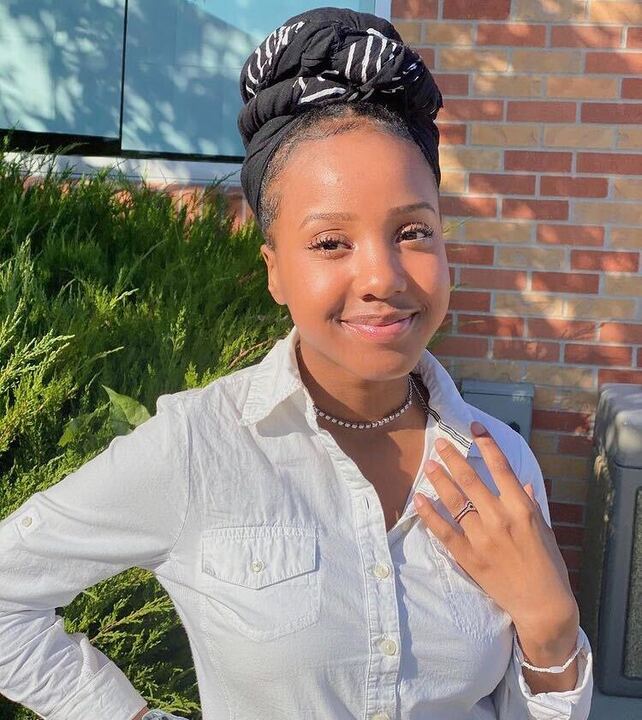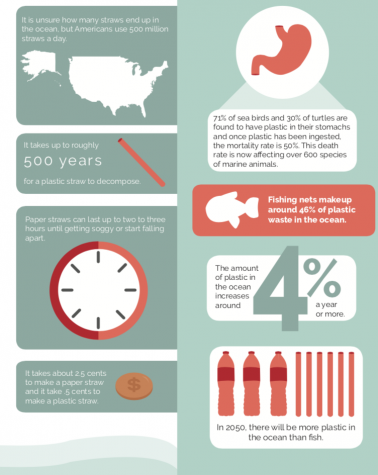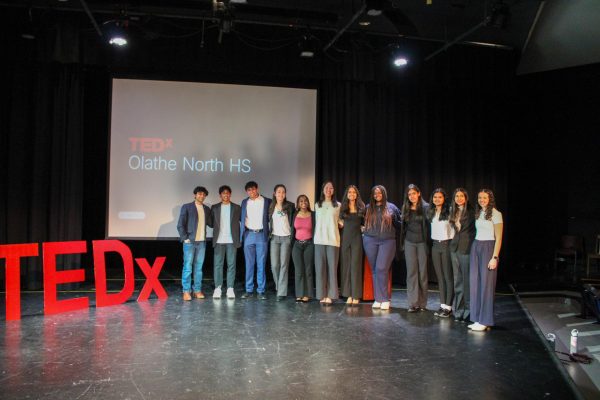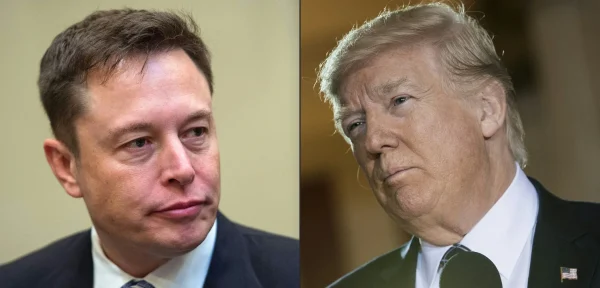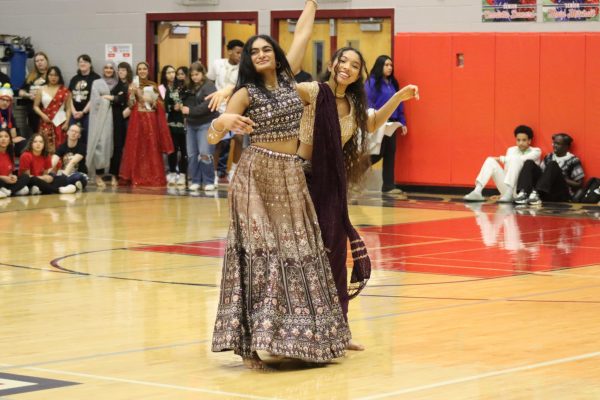A Look Into the Black Lives Matter Movement
WARNING: sensitive content/mentions of death
NOTE: This article has been reviewed for sensitivity.
ADDITIONAL NOTE: Because this school interview was limited to one person, some responses to the questions may not exactly reflect the opinions of other people from the movement. This article is meant to focus on the movement from the perspective of an involved student from our school.
Earlier this year on May 25th, now-former Minneapolis police officer Derek Chauvin knelt on the neck of African American George Floyd for a total of eight minutes and forty-six seconds after Floyd was reported for allegedly using a counterfeit twenty-dollar bill, while he pled with Chauvin, repeatedly saying, “I can’t breathe.”
This incident was captured and shared on social media by bystanders and instantly grabbed the world’s attention in a vice-like grip—the objectively excessive use of force and Floyd’s subsequent death sparked national and international headlines, instigating worldwide demands, protests, and petitions for justice for George Floyd and for change within the police system.
Some of these protests have transpired locally in Olathe, but most notably in Kansas City, where protesters also demanded justice for other black people who died at the expense of police brutality and/or systemic racism in the area, such as Cameron Lamb and Donnie Sanders.
Junior Stecy Mwachia attended one of these protests on June 5th as part of the Black Lives Matter movement, which condemns the police system in terms of police brutality and the injustices and violence subjected to the black community.
“I went to the protest that was held in Kansas City, and it put into perspective for me that a lot of the problems that are facing the country are also local. […] I felt the weight of what police brutality was carrying in my city,” Mwachia remarked.
However, she explained it was a more positive experience.
“[The protest] was a community that was just so caring about each other and loving […] People be checking on you if you tripped, people would be picking you back up. Everyone was wearing masks; everyone was giving out free masks and caring about each other. If somebody was destructive, everybody would calmly tell that person to chill. It was just such a collectively good movement and collectively just a good place to be,” Mwachia recounted.
Among the chants of names and chants for justice, protesters would also exclaim and hold posters that read, “Defund the police!” Mwachia further explained the statement.
“[It’s] the belief that systems in society should be funding the communities more than they’re funding people to police them—those communities,” she elaborated. “Whenever people that support the Black Lives Matter movement say, ‘Defund the police,’ or ‘Disband the police,’ they aren’t really just saying, ‘Yo, no police department at all. Just do your own thing; take care of yourself!’ Pretty much what they’re saying is that America isn’t allocating its funds properly.”
Mwachia then began to note the difference between her experience and the coverage and portrayal of the protests in the media.
“In the news, [mainstream outlets] just always seem, like, ‘Oh, they’re mad, they’re angry,’ but they don’t understand that the anger is coming from a place of loving each other. They don’t understand that the anger is coming from a place of loving—loving ourselves, loving being black, and knowing that we shouldn’t take disrespect [for it],” Mwachia added. “What I’ve gathered is that this is not new. Any form of change that’s going to challenge the status quo is going to be viewed as violent, it’s going to be ‘militant,’ and it’s going to be viewed as rebellious, so people branding all protests as ‘riots’—I wasn’t shocked about that. It just makes me sad that ‘protest’ and ‘riot’ have become synonymous. They’ve become interchangeable, and I feel like that’s antithetical to what America stands for, in a way.”
She furthermore drew comparisons between this response to the Black Lives Matter movement and past attitudes towards the civil rights movement.
“To me, it mirrors the white American attitude during the civil rights movement, ‘cause we can look at it in hindsight, and we can look at it from the future perspective […] and be, like, ‘Yeah, I would have supported that,’ but, in reality, most Americans thought of the civil rights protests as riots,” Mwachia stated. “A majority of Americans did think that the civil rights protests were going too far and that they weren’t going to accomplish anything, but obviously that’s not true. [The] Civil Rights Act got passed, so, to me, whatever is going to be necessary to stimulate or catalyze change is whatever needs to be done. To me, it doesn’t matter how the world sees it.”
Mwachia proceeded to explain how the movement made an impact at school, encouraging and empowering a platform for black students to express themselves and to help facilitate their concerns.
“I, myself, staged a protest at the school, and we petitioned the school to allow its black students to wear durags under cultural exemptions, and so I feel like the Black Lives Matter movement just really made black people in our schools and in our communities a little bit more confident to speak out whenever they’re not being treated right or the same as other people, and I think that that’s very important to have in a young generation that’s interested in change,” she remarked.
Q&A
What does the Black Lives Matter movement mean to you?
“The Black Lives Matter movement was something that came to me. I didn’t come to it necessarily; just whenever I was growing up […] being a black kid in America, there’s a lot of things that you pay attention to—one of those things being the news. And when I became conscious of what’s happening around me and what’s happening in the world, I started noticing that kids like me were dying, and I started noticing that my brothers and my dad would face tension whenever they were pulled over by the police. […] I noticed their ways of coping or trying to survive, you know. But, for me, it really showed up when I was in, like, 5th grade. […] I remember watching the news and seeing Trayvon Martin and George Zimmerman in 2015*, and then I found out what the Black Lives Matter movement was. […] To me, it’s always just been, like, ‘This isn’t okay, why are we still letting racial discrimination [and] racial tension affect our criminal justice system?’”
Why are people saying, “Defund the police”? (expanded)
“If we could take all the money that we’re spending to police these people and put it into public housing, healthcare, and [helping] people who have addictions [among other things], then the community wouldn’t need to be policed [as much] in the first place, […] [i.e.,] if we could just take the funds that we use for military equipment and the police […] and just put [them] into the communities, then we wouldn’t have to even spend that much on police. […] And if you spend all this money to fund [the police] to go fight these crimes in inner-city neighborhoods, that gives [them] an incentive to have more crime in inner-city neighborhoods so that they are making more money. And that’s also something we see in privatized prison systems where they have to keep it at capacity to make the most money, so it gives them an incentive to arrest more people and put more people in prison.”
There are people who claim that racial discrimination no longer exists. What are your thoughts on this claim?
“[To the] people who would like to say or convince themselves that systemic racism does not exist in the 21st century America, you have to take into consideration of the fact that America has racialized almost every single aspect of life—finances, public housing, inequality, healthcare, jobs, food, clothing, dances, everything—America has racialized these things in order to separate and discriminate. A lot of these systems—the judicial system, financial system, and even the way that neighborhoods are structured were created specifically to make black people fail, and if you don’t know that, you just haven’t read history. There’s also just so many statistics about how black people are treated differently in the judicial system, how black people aren’t given access to the same loans that white people are, how the gap of inequality is measured in America through race. There’s just a lot, like, if you think that inequality doesn’t exist in America anymore, you have your eyes closed.”
Anything else you would like to say? (Addressing misconceptions about the movement, final thoughts, etc.)
“This year 2020 has been seen across the board as the biggest [year for the] Black Lives Matter movement, […] but I feel like most people don’t understand that it wasn’t created this year. It’s been a thing for, like, five* years, and, over time in that five years, hundreds of names have been added to that list of people unjustly killed […] And I’ve also seen a lot of people mirroring anti-black 1970s rhetoric about the Black Panthers by saying that the Black Lives Matter movement is somehow a ‘communist’ or ‘socialist radical thing.’ […] Pretty much everything that has happened right now has already happened in American history—whenever there’s a group that’s trying to make the place that black people have in society a little bit better for them, [that group is] always just gonna be categorized [with negative connotation] as ‘militant,’ ‘socialist,’ ‘angry,’ ‘violent.’ […] At the end of the day, it’s just really the people part that you have to think about, not what skin color is attached but just the fact that there are people that are being treated differently, and that’s not […] good. And it doesn’t really mean that we should pity the people who are being treated differently. It doesn’t mean that [one] should feel bad that [they] have the privilege of not being treated differently. Privilege isn’t a bad thing, it’s just [the matter of] what you can do with what you have to help other people [that is important].”
*According to the Black Lives Matter website, the movement started in 2013 after the acquittal of George Zimmerman, who shot an African-American teenager named Trayvon Martin in 2012.

